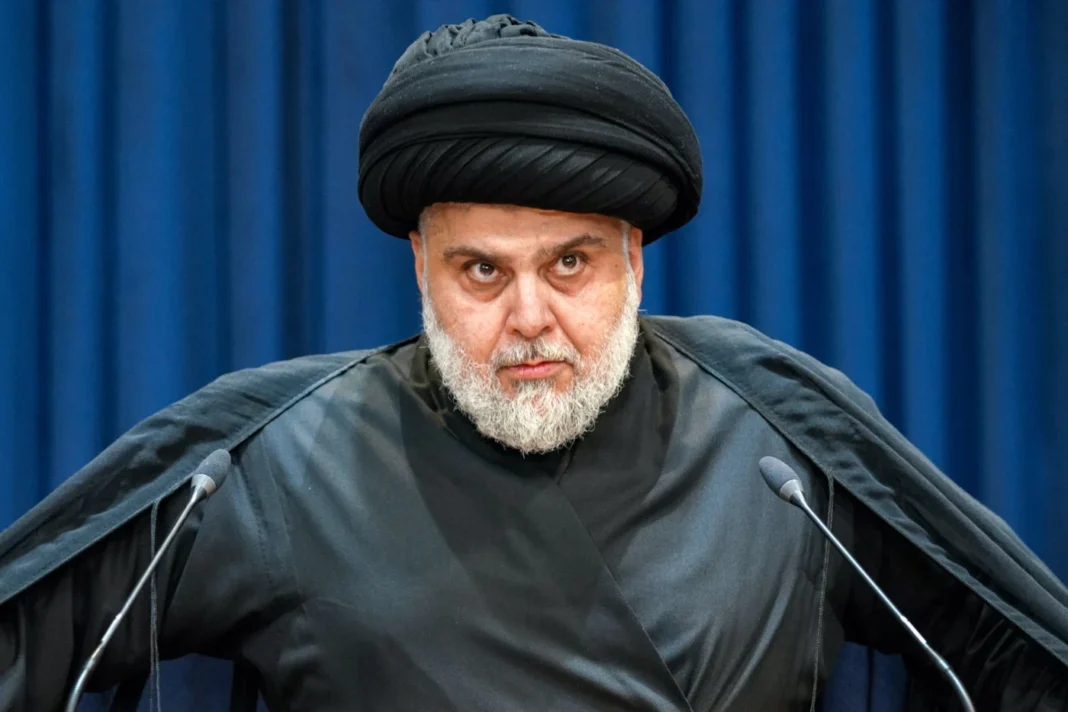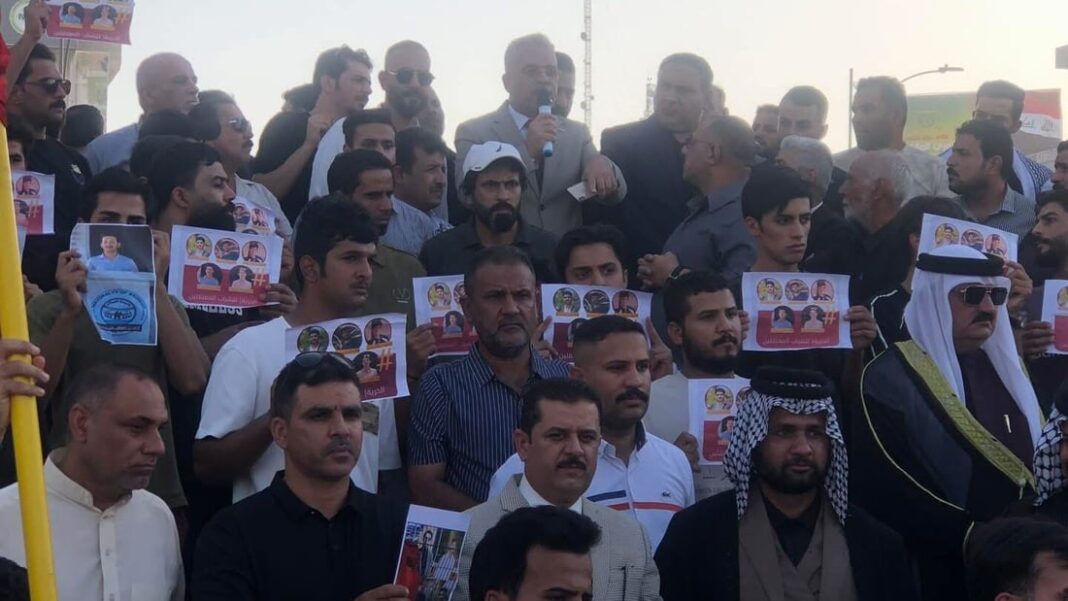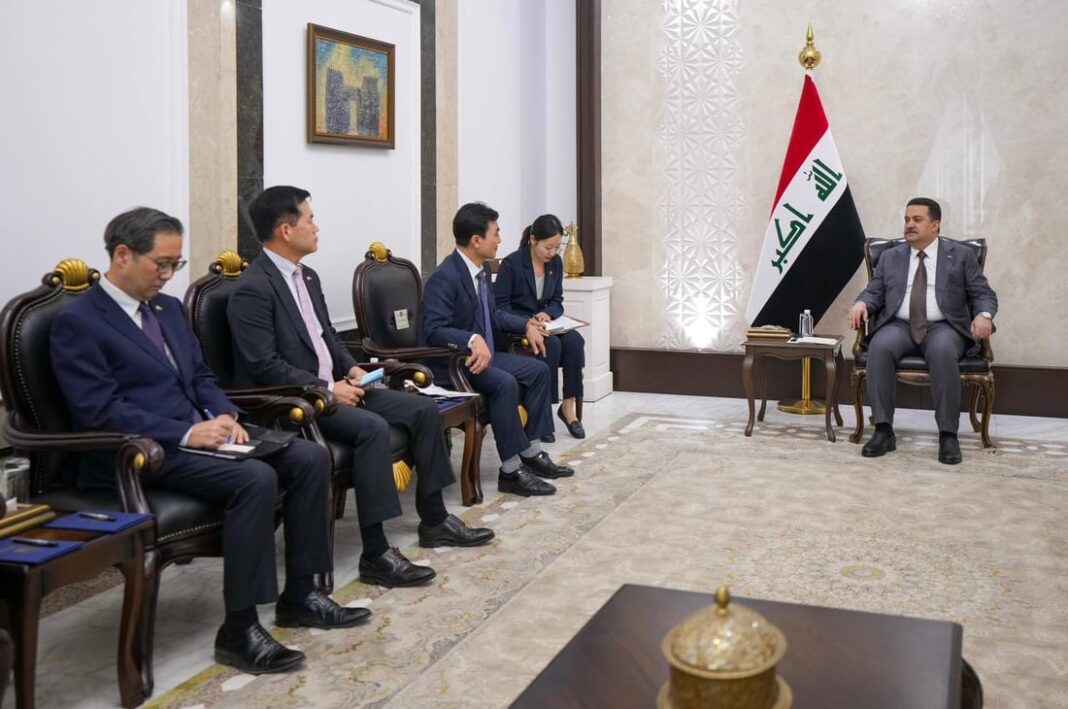The Sadrist movement election boycott will not disrupt Iraq’s political balance, said Ammar Al-Shibli, a member of the State of Law Coalition. He cited data from the 2021 elections that showed the movement only represented 10% of total voters. This key phrase, Sadrist movement election boycott, frames the ongoing political discussion around Iraq’s upcoming parliamentary elections.
In a recent interview with Al Rabiaa TV, Al-Shibli explained that the Sadrist group’s absence from the ballot will not affect community representation. “Their boycott will not change the balance of representation among communities,” he said. “The provincial council elections proved this, as no significant changes occurred in community representation despite the boycott.”
Moreover, Al-Shibli emphasized that former Prime Minister Nouri Al-Maliki, leader of the State of Law Coalition, remains committed to holding elections on time. Scheduled for November 11, the elections will proceed as planned. “Maliki respects everyone’s right to either participate or boycott,” Al-Shibli added. “The western governorates will elect their representatives, while Baghdad and the southern governorates will elect theirs.”
He strongly criticized the Sadrist movement for encouraging others to boycott. “They should not discourage participation by calling on others to boycott,” Al-Shibli warned. He highlighted that the Sadrists still hold significant government positions. “Despite their public withdrawal, they continue to occupy roles like Secretary General of the Council of Ministers, five deputy minister seats, and 87 director general posts, including the director of ports.”
According to Al-Shibli, Muqtada al-Sadr’s decision to boycott is purely political, not religious. “Al-Sadr is neither a jurist nor a religious authority,” he said. “His positions serve political interests rather than religious doctrine.”
The Sadrist movement election boycott follows Sadrists winning 73 out of 329 seats in the 2021 parliamentary elections. At that time, al-Sadr sought to form a majority government excluding Iran-aligned factions. However, he failed and ordered his MPs to resign. This resignation caused a political deadlock that ended with a consensus government led by rival Shiite groups.
Al-Shibli further detailed that the Sadrist voter base numbers around 800,000, out of approximately 8 million voters in 2021. This 10% share means the boycott cannot shift Iraq’s political landscape. “Others have the right to exercise their political rights, either through participation or boycott,” he stated firmly.
The State of Law Coalition spokesperson also addressed concerns about Prime Minister Mohammed Shia al-Sudani. While some members have reservations about him, Al-Shibli predicted that the next government formation will proceed quickly and smoothly, with the parliamentary presidency decided early.
In conclusion, Al-Shibli assured that the upcoming elections will maintain political stability. He dismissed the Sadrist movement election boycott as a factor unlikely to change the political balance, urging Iraqis to respect the electoral process and participate actively.



